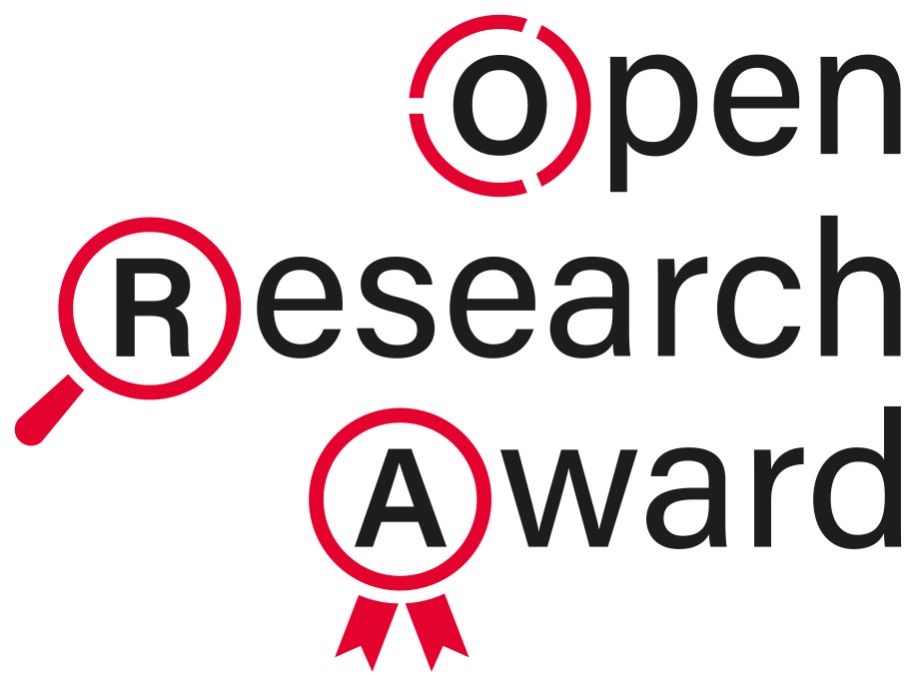On becoming an open research practitioner

At times, I feel quite content with my own open research practices. I’m using Bayesian statistics (no p-hacking for me), last year I published a paper reporting 9 replication studies, and I’ve shared data, stimuli, and analysis scripts at the Open Science Framework (OSF). I recognize the replication crisis we’re in and I feel strongly about changing this. Yet I doubt whether I would call myself an open research practitioner. I might be doing it, but what if I’m doing it for the wrong reasons?
When I started out with the replication studies, it was never with the intention to actually publish the results. I was simply unsure which of the numerous tasks available in my field would actually yield reproducible results (recent meta-analyses, reviews, or replications were missing), so I had to undertake this endeavor to be able to select the right tasks for my own research. It wasn’t until a journal editor at a conference urged me that I decided to try and publish them (thinking if I can’t publish at the Q1 journal I have in mind, I can always resubmit the manuscript to this editor’s Q2 journal). In the end, I did get it published in the journal of my choosing but not without trouble. Reviewer 2 (who else) had things to comment like “this [replication research] is not producing any new results”, upon which the paper was rejected. After a rebuttal written in frustration and disbelief (“replication research is so important!”) I did get the paper accepted. I received many positive responses from researchers, telling me that this is what the field needed, and asking for the experiment programs and materials of those tasks that I could replicate. As a side note; I haven’t published those on the OSF yet. I keep thinking that I should definitely do that, and that I will once my schedule opens up a bit. Unsurprisingly, that hasn’t happened yet.
Fitting the positive reactions on my replication publication, I keep preaching to students and fellow researchers that replication research is important. But if I’m being honest, it never occurred to me that I could do it again. In fact, I really don’t feel like doing more replication research. My enthusiasm for science is fueled by curiosity about the unknown. Replication science seems laborious and boring, and it is. I think this makes clear that for a researcher to engage in replication research, she needs time and motivation.
But what if time is scarce and doing original research seems more exciting? I think the solution is to just make it obligatory. For my most recent publication, I was required by the journal to make my data and materials openly accessible (following the Transparency and Openness Promotion Guidelines), and I did. For the replications studies I wasn’t required, and I didn’t. If doing replication research is obligatory, say for any PhD student at the start of their project (pre-registering so they’re assured of a publication), then it will happen.
Doing replication research and sharing my data and materials I might not have done for the ‘right’ reasons, but I’m glad I did do it. Because the more I engage in it, the more I feel I’m genuinely becoming an open research practitioner. I’m proud to be a member of the Open Science Community Groningen, I’m proud to have an account on OSF, and I gleefully shared my OSF-link in the chat at a recent conference, along with my comment ‘all my data can be found here’. I’m confident that if not the other way around, my beliefs will follow from my actions.
References and further information:
- https://osf.io/qymfb/
- Brederoo, S.G., Nieuwenstein, M.R., Cornelissen, F.W., & Lorist, M.M. (2019). Reproducibility of visual-field asymmetries: Nine replication studies investigating lateralization of visual information processing. Cortex, 111, 100–126.


